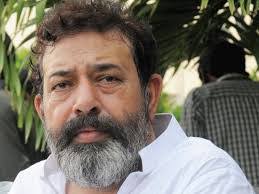Current Events and Challenges in Somalia

Introduction
Somalia, a nation on the horn of Africa, has long been at the forefront of geopolitical discussions due to its complex history of conflict, humanitarian crises, and political instability. Understanding the current events shaping Somalia is crucial for policymakers, aid organizations, and the global community as they navigate the multifaceted challenges faced by the Somali people.
Political Situation
In recent months, Somalia has been navigating a turbulent political landscape. The nation held its long-awaited parliamentary elections earlier this year, marking a significant step towards restoring democratic governance. However, the process has faced accusations of manipulation and regional tensions, particularly between the federal government and various states. As the country approaches its presidential elections, the political climate remains fraught with uncertainty, complicating efforts for national unity.
Security Concerns
Security continues to be a major challenge in Somalia, primarily due to the presence of the militant group Al-Shabaab. Despite ongoing military operations from the Somali National Army (SNA) and support from international partners such as the African Union Mission in Somalia (AMISOM), Al-Shabaab remains a significant threat. In recent weeks, there have been reports of increased violence, including bombings in Mogadishu and attacks on military bases, highlighting the ongoing struggle against extremist groups. The situation calls for a concerted effort to bolster Somalia’s security forces and enhance community engagement.
Humanitarian Crisis
Compounding the political and security issues is a dire humanitarian crisis. The United Nations reports that over 6 million people in Somalia are currently in need of humanitarian assistance due to prolonged drought, food insecurity, and clan conflicts. Aid organizations are working tirelessly to address these needs, but access remains limited due to insecurity and bureaucratic hurdles. With resources already stretched thin, the international community faces a daunting task in supporting the Somali population and preventing a potential famine.
Conclusion
The situation in Somalia is a complex interplay of political, security, and humanitarian challenges. As the nation prepares for pivotal elections and simultaneously confronts threats from extremist factions, it is imperative for both local and international stakeholders to prioritize stability and humanitarian aid. The international community’s engagement and understanding of Somalia’s unique challenges will be vital in shaping a more hopeful future for its citizens. Without a sustained commitment to peacebuilding and development, Somalia risks falling deeper into cyclical crises.









